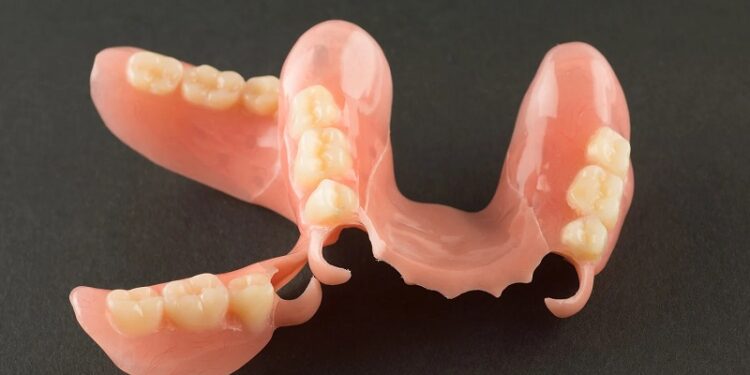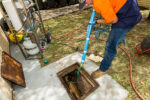All About Flexible Dentures

Flexible dentures are a form of partial dentures. It is usually made of nylon or other thin thermoplastics which is different from the usual thicker and harder acrylic. It is often used in normal dentures. This could help in making these types of dentures a lot more bendable and flexible, giving rise to their popular name. As flexible dentures are made of softer and more comfortable materials, people of all ages often prefer them over regular dentures. It is always best to consult with the dentist or denture technician with regards to the type of dentures that would suit your needs and requirements.
If you are looking for dentures, you could order flexible dentures once you find the right dentist and technician. You will have to first consult a dentist and they should advise you on using flexible dentures. The technician would then use a mould and take measurements of the teeth and make flexible dentures based on the measurements taken.
How good can Flexible Dentures be?
Flexible dentures are made to adapt to the shape of the gums and teeth which would flex into position when it is inserted. The dentures would not typically require any clasps to hold them in place, unlike the various alternatives. They are a great option for people who struggle with the clasps in normal dentures and the difficulties they might pose.
Benefits of Flexible Dentures
Countless different benefits could come with wearing flexible dentures which would be a more comfortable option than regular dentures, and better adapt to the shape of the gums and teeth. These denture types also would usually not require clasps to hold them in place, making them even more comfortable to wear and great for those with irregularities in the shape of their mouth. The benefits that come with wearing flexible dentures include:
- They could look more natural: The material used in flexible dentures is clear and enables the natural colour of the gum to show through. This could make them look more natural than coloured alternatives.
- Quicker to fit and make: Flexible dentures could be quickly made. It means that you will not have to wait as long as the dentures are ready. Thus, they could be ready to be fitted sooner than any regular denture equivalents.
- Less likely to break: Flexible dentures with soft bases are much less likely to break if they are dropped compared to other, more rigid and brittle types of dentures. This would mean that once you have enquired and purchased the necessary flexible denture you would need and you would be less likely to order the new ones for quite some time.
With specialised dentures, studies have also found that patients find it easier to chew when wearing them compared to wearing traditional and harder alternatives. The flexibility of the denture means that they could also accommodate a variety of different people, including those who struggle to open their mouth wide, people who might be allergic to certain materials as well as those with irregularities in the shape of their mouth.






